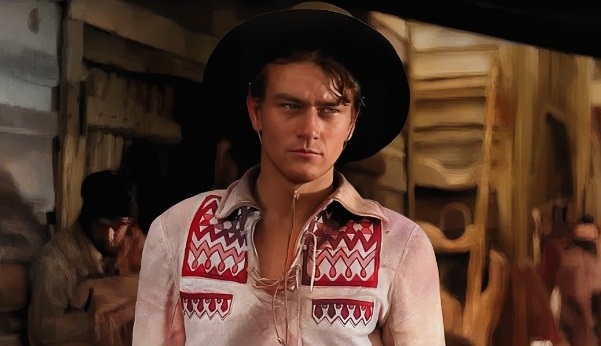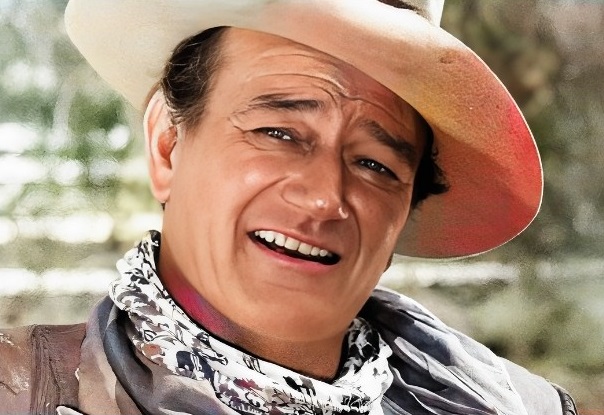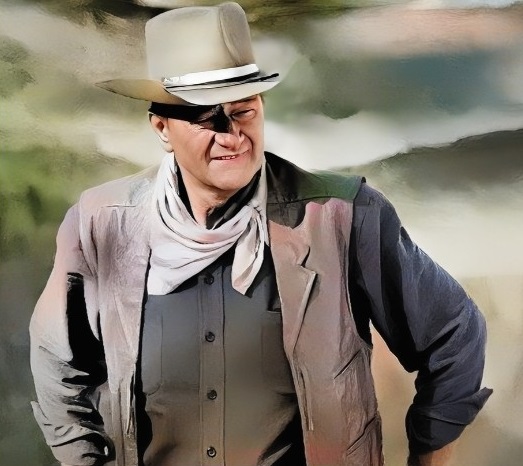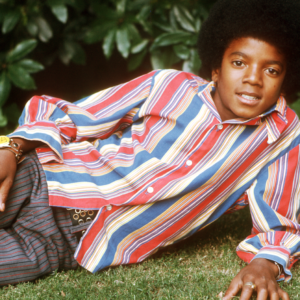John Wayne began his illustrious acting career with the 1930 film The Big Trail, directed by Raoul Walsh. Despite the film’s initial box office failure, Wayne persevered, starring in a series of B-movies. His big break came in 1939 with John Ford’s Stagecoach, where his standout performance propelled him to stardom. This role marked a turning point in his career, making him a household name.
Wayne’s success in Stagecoach led to his association with the Western genre, where he starred in numerous iconic films, including Red River and The Man Who Shot Liberty Valance. His portrayals in these films embodied his ideals of rugged masculinity and heroism, solidifying his legacy as the quintessential Western star. Audiences continue to remember Wayne for his impactful performances that brought the spirit of the Wild West to life.
John Wayne believed Westerns could be understood around the world
Film critic Roger Ebert once interviewed John Wayne, during which Wayne shared his insights on Westerns and their global appeal. Wayne understood the outside perceptions of Hollywood and the universal connection that Westerns forged across cultures.
“But you know, I’m very conscious that people criticize Hollywood,” Wayne remarked. “Yet we’ve created a form, the Western, that can be understood in every country. The good guys against the bad guys. No nuances. And the horse is the best vehicle of action in our medium. You take action, a scene, and scenery, and cut them together, and you never miss. Action, scene, scenery.”
Wayne cited films like Stagecoach, Red River, The Searchers, and Hondo as examples of Westerns that possessed depth and embodied an American art form. He believed these films represented the essence of American values.
The Oscar-winning actor also referenced True Grit to highlight the theme of justice, using it as a platform to discuss his views on contemporary America.
“They keep bringing up the fact that America’s for the downtrodden,” Wayne said. “But this new thing of genuflecting to the downtrodden, I don’t go along with that. We ought to go back to praising the kids who get good grades, instead of making excuses for the ones who shoot the neighborhood grocery man. But, hell, I don’t want to get started on that!”
John Wayne disagreed with where Westerns went with Clint Eastwood

John Wayne held Westerns to a high standard, as it was the genre he was most familiar with and deeply passionate about. He was critical of Western television shows, feeling that they often lacked the “nuance” that good Western films possessed. However, the genre evolved in ways Wayne did not anticipate and did not particularly like.
Younger stars, like Clint Eastwood, began to make their mark in the Western genre. Eastwood’s collaboration with director Sergio Leone on the Spaghetti Western Dollars Trilogy introduced a grittier and more violent style of storytelling. Wayne was not a fan of this new direction and expressed his disapproval to Eastwood, stating that it was not the right way to portray the American West.








